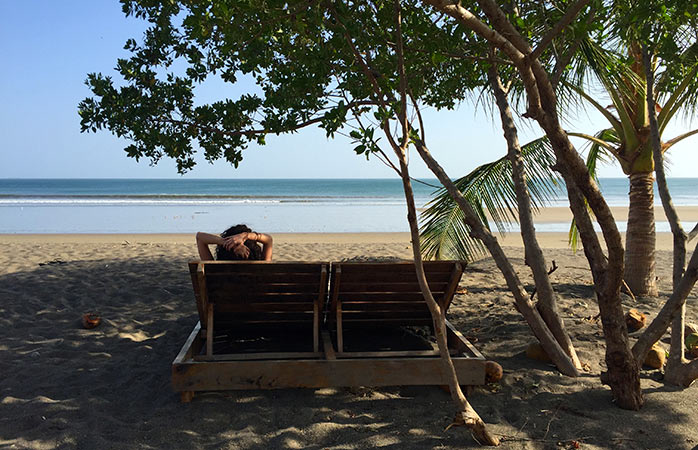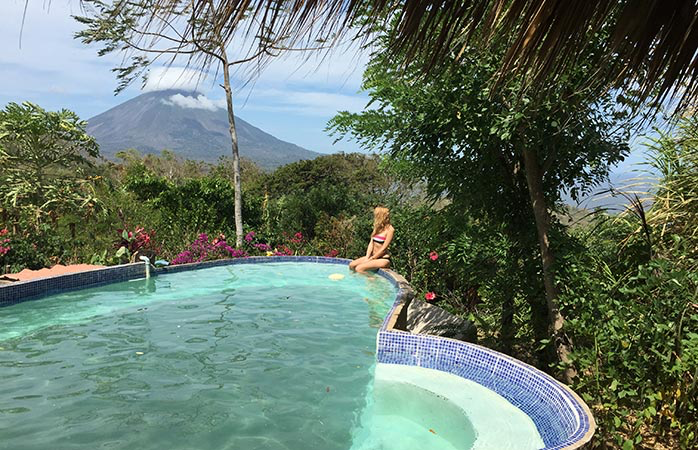Slow travel: The art of not rushing
We have to accept this: we live in a fast-moving world. With new information available at a touch at any moment, it’s easy to encounter distractions, delays, and obstacles that keep us from building deeper relationships with other people and the world around us. Where this serious FOMO (fear of missing out) syndrome shows up most clearly is in our well-deserved, costly vacations.
Join us and become agah in our slow travel movement as we open up the world to people, learn to relax, not rush, and make the most of our vacation experience and the relationships we form with the people we meet along the way.
What is ‘slow travel’?

Slow travel, which is one of the side ideas of slow living and slow food movements that emerged in Italy in the 80s, is seen as a search for originality. In a close-knit, fast-paced society, travel becomes a journey about getting to know yourself and other people, about opening your eyes and hearts to those around you. Slow tourism, often a reaction to old travel habits characterized by tourist fatigue caused by overactivity, all-inclusive hotels and prepared sightseeing lists, encourages travelers to focus on quality rather than quantity, stay away from technology, take things slow and enjoy life. . This move; We can see it as a guilt-rejecting vacation experience or even a kind of inaction that offers the freedom to do less (or nothing, if you wish), watch the world go by, spend hours daydreaming or having meaningful conversations with your travel buddies. The new generation, the “Y generation”, which is at the heart of this movement, advocates the idea of travel that embraces people with their whole being and the pursuit of opportunities to experience something real and original through travel. “Living like a local”, adding a new rhythm to life, and establishing genuine bonds with locals become key components of a successful slow travel journey. Do you prefer the heart of the deep forest, riding with cowboys in Western Canada, volunteering at an animal shelter in Africa for a few days, attending a yoga festival in Hawaii, or taking a leisurely vacation on a remote island for this intense experience? even if it doesn’t matter, you need to embrace the environment and local culture in order to form real bonds. What is the ultimate goal of slow travel? Making you feel at home even though you are far away.
A sustainable travel experience

Slow travel has strong sustainability values and a desire to leave as little environmental footprint as possible. Slow travelers and leisure tourism professionals take great care to minimize the impact on the natural environment and habitats. One of the requirements of slow tourism is places away from tourist crowds. Do not be afraid to leave the environment where you feel comfortable and challenge the explorer in you! Sometimes you may have to trek through wilderness, ride motorboats to cross rivers, fly over tropical forests or even ride horse-drawn carriages, but the experience of finding “slow places” is really worth it. Turtle Surfing Lodge in Nicaragua is one of those perfect “slow places” to explore. You’ll have to cross waters and terrains to reach this secluded place on Nicaragua’s west coast near the city of Léon, offering a vast golden beach private only to you and other guests. Whether your priority is eco-friendly boutique hotels that give importance to design, luxury camping yoga retreats, a treehouse or huts built in the middle of the wilderness; leisurely travelers will find plenty to choose from when it comes to accommodation options that manage to balance comfort and eco-friendly practices. A perfect example of this is the tented, eco-friendly camp in Tipi Valley in Portugal’s Algarve region. This eco-friendly village has wonderfully decorated type tent facilities that offer 15 guests an experience intertwined with nature. Finally, moving in the opposite direction of mass tourism practices means embracing “farm-to-table” values and ecosystems where local produce is consumed—food that is locally sourced and cooked from the environment. Whether you prefer remote locations like Totoco Eco-Lodge on Ometepe Island in Nicaragua or a northern hemisphere location like Villa Nao (2 hours’ drive from Montreal, Canada), you can always enjoy seasonal produce that is freshly picked and used in sophisticated menus.
5 tips for being a slow traveler

Organize your own travels
Buy travel guides, research, and connect with other travelers on Instagram for tips and travel ideas. Slow travel is not synonymous with backpacking, which is rather characterized by sheer improvisation. A little preparation and booking in advance will make your vacations more enjoyable, especially if you don’t want to stay too long or waste time. You can read about the area you are considering visiting: conversations with the locals that go beyond just slurred speech are a natural gateway to rich cultural exchanges.
Stay at least 3 nights in the same “slow” venue
You will enjoy a new daily routine and meaningful dialogue with local shopkeepers, and you will have ample time to embrace the environment. The result: you will feel “just like at home”.
Opt for alternative accommodation, food and activities
For example, while in Jamaica, you can get to know the Rastafari culture by staying at the Kudehya Guesthouse in Treasure Beach. The owner, born Rastafarian, has a sincere desire to connect with his guests and is sure to invite you to explore the typical Italian cuisine menu in line with his life values. This menu includes vegetarian dishes prepared with organic ingredients without salt, and there is no alcohol. It’s the perfect opportunity to explore local culture beyond the Bob Marley clichés.
Relax and explore your surroundings
If you have time, use all available local transportation that leaves little environmental footprint to explore the area. Again, this will get you closer to the “feel-at-home” experience. There is also a romantic atmosphere to watch the landscapes that appear in front of you by looking out the window.
Disconnect from the internet to reconnect with those around you
Socialize, exercise and embrace a healthy experience with a yoga or surf retreat. Relax at Genesis, a gorgeous and eco-friendly resort near the Ek’ Balam archaeological site in Yucatán, Mexico, or take a cruise through the clear, turquoise waters in the heart of Panama’s San Blas archipelago. As these experiences don’t have WiFi, nothing will stop you from enjoying the moment. It really feels great to leave social media behind for a while.





